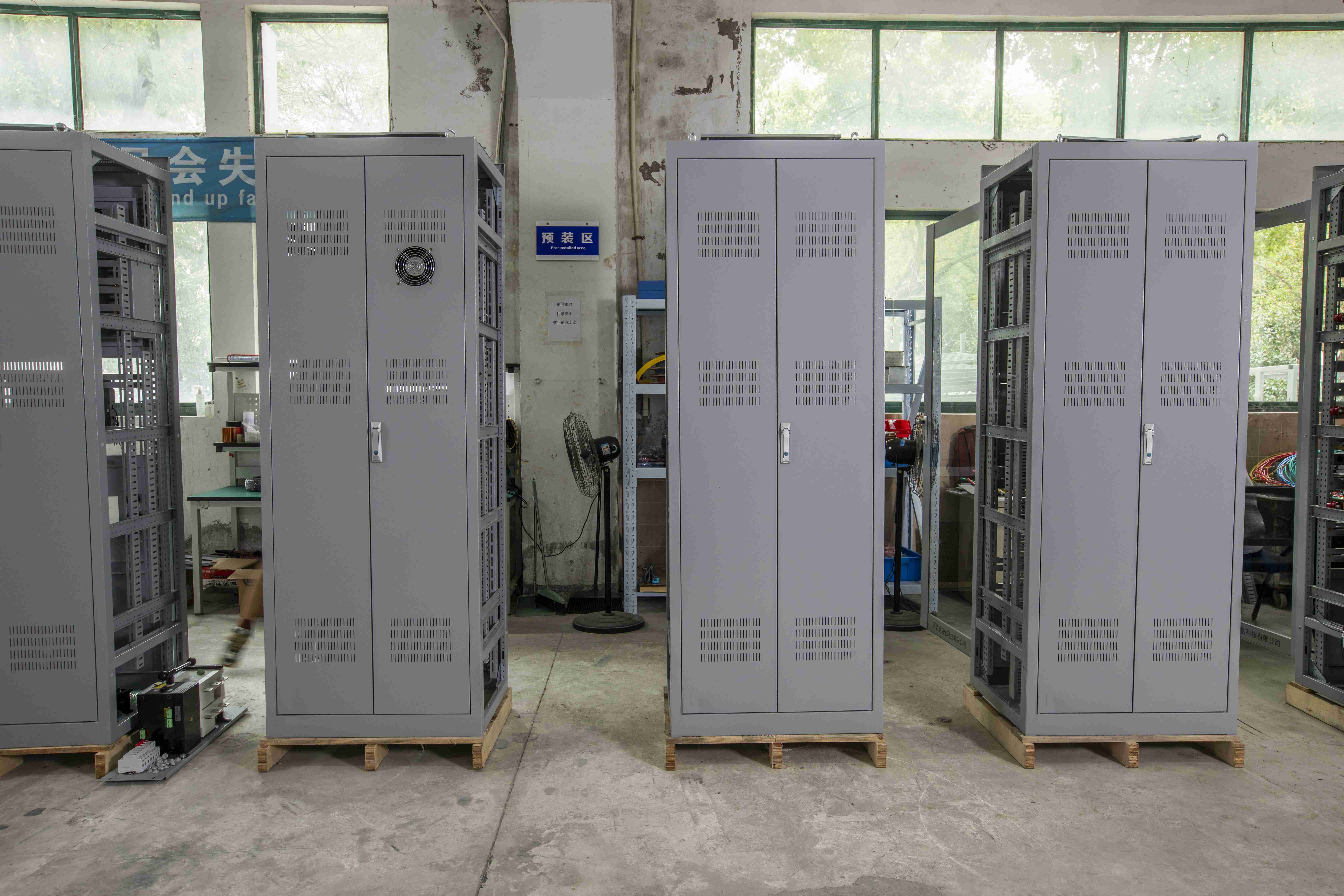
Nov . 29, 2024 18:09 Back to list
Enhancing Energy Efficiency in Modern Household Consumption for Sustainable Living
High-Quality Household Energy Consumption Toward Sustainability and Efficiency
As the global community transitions toward more sustainable living practices, household energy consumption remains a critical focus. High-quality household energy consumption not only emphasizes the responsible use of energy but also strives for efficiency, cost-effectiveness, and minimal environmental impact. This article explores what constitutes high-quality energy consumption in households, its benefits, and practical steps homeowners can take to achieve it.
What is High-Quality Household Energy Consumption?
High-quality household energy consumption refers to the use of energy in ways that maximize efficiency while reducing waste and environmental footprints. It encompasses not only the types of energy sources employed—favoring renewable sources such as solar, wind, and hydropower—but also the appliances and practices that optimize energy use. This concept pivots around two critical components energy efficiency and sustainable practices.
Energy Efficiency Energy-efficient appliances consume less electricity while providing the same level of performance as their less efficient counterparts. For example, LED lighting uses significantly less energy than incandescent bulbs and lasts much longer, offering cost savings over time. Similarly, Energy Star-rated appliances, which meet strict efficiency guidelines set by the U.S. Environmental Protection Agency, provide a benchmark for households aiming to reduce consumption.
Sustainable Practices These involve not just the selection of energy sources and appliances but also how energy is consumed in daily activities. Simple actions, such as using energy-intensive appliances during off-peak hours, can significantly reduce demand on the grid and lower energy bills. Moreover, practices like washing clothes in cold water, line-drying laundry, and minimizing the use of heating and cooling systems contribute to high-quality energy consumption.
Benefits of High-Quality Energy Consumption
Embracing high-quality household energy consumption offers numerous benefits, ranging from economic savings to environmental conservation.
1. Cost Savings Implementing energy-efficient technologies and practices can lead to substantial savings on utility bills. Households can save an average of 20-30% on energy costs by upgrading to efficient appliances and adopting smarter consumption habits.
2. Environmental Impact With the climate crisis looming, reducing our carbon footprint is more critical than ever. High-quality energy consumption helps decrease greenhouse gas emissions and reliance on fossil fuels, contributing to a more sustainable planet.
3. Energy Independence As more households adopt renewable energy sources, such as solar panels, they can decrease their dependency on traditional energy providers. This shift not only promotes local energy production but also enhances resilience against potential power outages or spikes in energy prices.
high quality household energy consumption

4. Increased Comfort and Quality of Life Energy-efficient homes are often more comfortable due to improved insulation and better heating and cooling systems. Homeowners frequently report enhanced comfort levels when they invest in energy-efficient retrofits.
Practical Steps Toward High-Quality Energy Consumption
Transitioning to high-quality household energy consumption doesn’t require a complete overhaul of your home. Here are several practical steps to consider
1. Conduct an Energy Audit Assess your home's energy use through a professional energy audit or DIY evaluation. Identifying areas of high consumption can help you target improvements effectively.
2. Upgrade Appliances Replace old appliances with newer, energy-efficient models. Look for the Energy Star label when making purchases.
3. Insulate and Seal Proper insulation and sealing of windows and doors can greatly enhance a home's energy efficiency, reducing the need for heating and cooling.
4. Embrace Smart Technology Smart thermostats and home automation systems can optimize energy use by adjusting settings based on user behavior and preferences.
5. Consider Renewable Energy Explore options for renewable energy, such as solar panels or wind turbines. This investment can pay off in the long run through lower energy costs and potential tax incentives.
6. Simplify Energy Use Encourage family members to adopt habits that minimize energy use, such as turning off lights when leaving a room or unplugging devices that are not in use.
Conclusion
High-quality household energy consumption is more than a trend; it is a necessary step toward a sustainable future. By focusing on energy efficiency and implementing responsible consumption practices, households can not only enjoy significant economic benefits but also contribute to a healthier planet. As society moves forward, the commitment to high-quality energy consumption will play a pivotal role in shaping our environment and our lives for generations to come.
-
AI-Powered EMS with GPT-4-Turbo | Efficiency Boost
NewsAug.01,2025
-
Optimized Storage System for GPT-4-Turbo | High Performance
NewsJul.31,2025
-
AI Energy Management System w/ GPT-4 Turbo Efficiency
NewsJul.31,2025
-
High-Performance Energy Storage System for Reliable Power Solutions
NewsJul.30,2025
-
Advanced EMS Solutions for Energy Management System & Storage Battery Companies
NewsJul.29,2025
-
Intelligent Energy Management for Homes - Efficient Storage Solutions
NewsJul.29,2025























